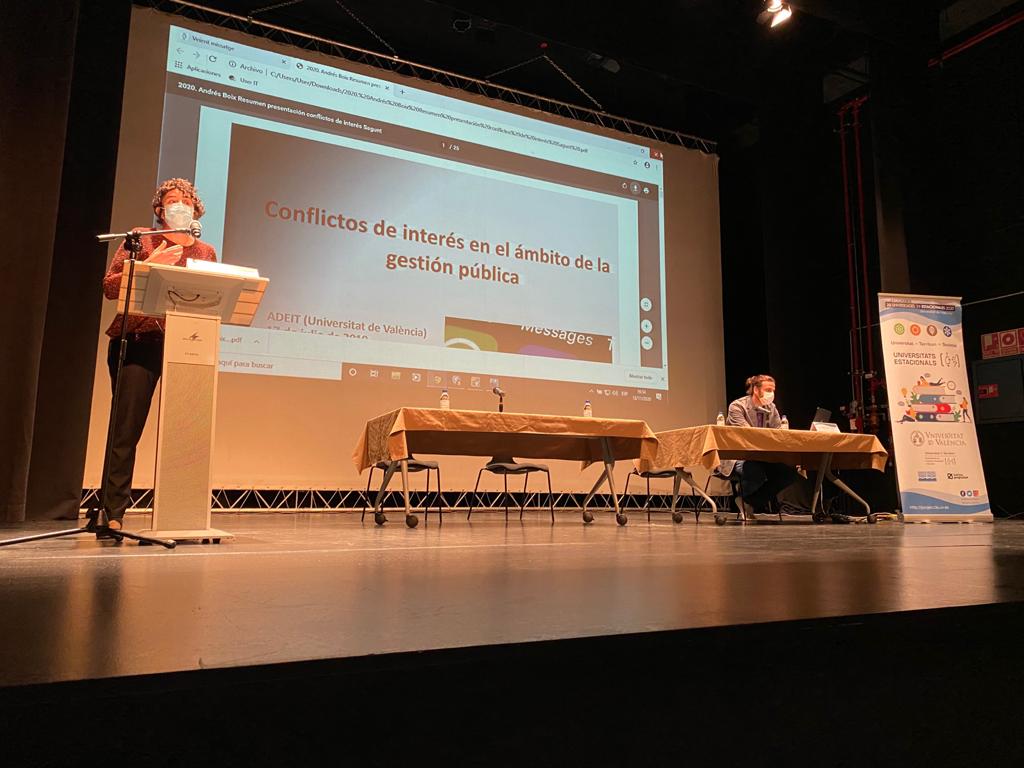València, November 10, 2020.- The Valencian Anti-Fraud Agency has published a final investigation resolution by which it is determined that the Alicante Fair Institution (IFA) must claim from the Popular Party of Alicante the payment of an invoice for party events held in the year 2009.
The investigation that began in June 2018 as a result of a complaint filed in the AVAF refers to the non-payment by the Popular Party of an invoice for the use of the fairgrounds for the celebration on April 25, 2009 of the Provincial Board of Directors of the party as well as a later dinner for 2,500 members.
The total amount of the invoice amounts to 8,359 euros, which, according to the evidence presented and the subsequent investigation carried out, has shown that neither the corresponding invoice was issued nor were any steps taken to collect it.
Initially, the actions of the AVAF were interrupted when the existence of a criminal procedure with identity of subject and object was verified and which, once completed and without verifying criminal responsibility, allowed the investigation that has concluded with this final resolution to continue.
| Editable note in ODT format | |
| Editable note in DOC format | |
| Final resolution of proceedings |




